Choosing to move into rehab is a big decision, but it is one that can be made easier by knowing what to expect. At the Gooden Center, we strive to make your step into recovery as easy as possible. That’s why everyone is invited to visit us at our Pasadena drug rehab facility for a free tour and consultation.
While the heart of our rehab center remains science-based therapy and counseling, we also utilize a warm social environment, empathetic care, and a strong focus on making group care as part of our rehab program. Social support, comfort, and a welcoming environment are critical to being able to learn the skills of living happily without drugs or alcohol, and it’s a key part of our treatment. That’s why our alumni continue to return to meet up with their peers years after graduating our programs.
When you step inside the doors of the Gooden Center, you step into what will be your home for the duration of your stay, and we strive to make the entire process as warm and as welcoming as possible.
Intake and Admissions at the Gooden Center
Intake and admissions are the first step of any rehab program, whether you or your loved one are struggling with drugs or alcohol. That always begins with a call or email, and we’ll follow up to invite you for a tour of our residential rehab center in Pasadena.
Intake involves:

Assessment and Evaluation
We want to ensure we know as much as-is necessary to provide quality care to you or your loved one. The Gooden Center offers personalized addiction treatment, with therapy and programs based on your mental and physical health, addiction, duration of addiction, and other factors such as dual diagnosis, previous drug or alcohol treatment, etc.
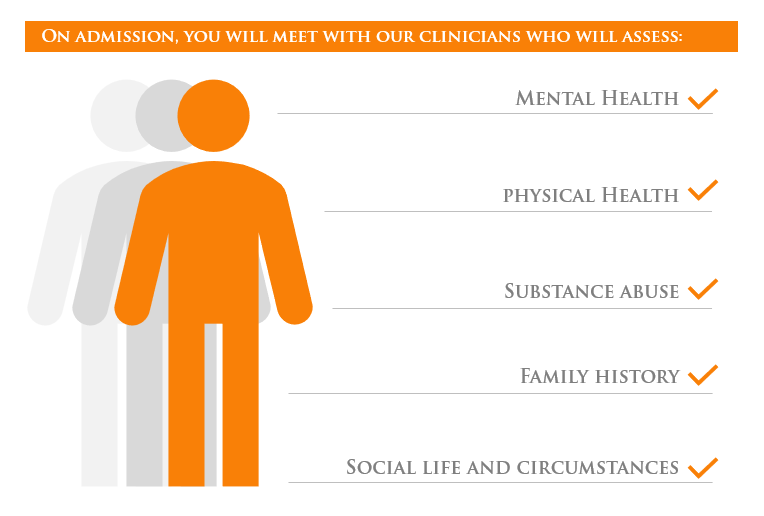
This information is used to tailor your program to you, ensuring you get the best possible care during your stay at Gooden. We utilize ASAM criteria in assigning level of care, and will continuously update your program based on progress, and as well learn more about you.
Detox and Withdrawal
Detox is the first and one of the most important aspects of recovery, because it’s the process of going through physical withdrawal. The Gooden Center only offers social detox, or detox without medications to ease or speed up the process. We do offer medical monitoring, working to ensure your physical and mental safety throughout the process to ensure treatment, to reduce trauma, and to ensure your comfort and safety.
Detox typically takes between 3-14 days depending on substance, duration of abuse, and the individual recovering. We begin to offer therapy, counseling, and full integration during this process.

Alcohol
Withdrawal symptoms begin within 8 hours and worsen over the next 3 days before reaching a plateau. Most taper off over 1-2 weeks.
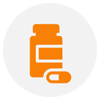
Opiates
Painkillers and drugs like heroin will typically leave your system after 6-12 hours. Withdrawal symptoms begin immediately and subside after about a week. Individuals on slow-release painkillers can expect to double this timeline.
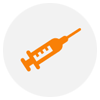
Sedatives
Sedatives, most notably benzodiazepines, result in withdrawal symptoms just a few hours after the last dose. Withdrawal symptoms can last for weeks. In most cases, we highly recommend consulting with your doctor and starting a tapering schedule for sedatives.

Stimulants
Amphetamines and other stimulants result in withdrawal symptoms after a few hours, most of which vanish after the first week.
What to Expect in Rehab at the Gooden Center?
Following detox, we work to provide a holistic path to recovery, tacking the mental, physical, and spiritual roadblocks on that path. Our program includes science-based therapy, group therapy, and numerous complementary therapies intended to help you build the skills and habits that will help you live a happy and healthy life.
 Behavioral Therapy
Behavioral Therapy
The Gooden Center primarily uses Dialectical Behavioral Therapy (DBT) with Cognitive Behavioral Therapy (CBT) and Acceptance and Commitment Therapy (ACT). These therapies work to identify extremes of emotions, negative behavior patterns, and behavior contributing to addiction, work to resolve and remove those behaviors, and then work to develop replacement behaviors. Behavioral therapies are delivered in group and one-on-one settings. All three are evidence-based. The Gooden Center offers special support for individuals with dual diagnosis.
 Group Therapy and Counseling
Group Therapy and Counseling
Every patient will have daily access to group therapy and counseling, with regular scheduled one-on-one sessions. These sessions offer everything from anger management and relapse prevention to tackling specific emotional and behavioral problems that might crop up during recovery.
 Complementary Therapies
Complementary Therapies
We work to provide as many complementary therapies as possible, giving you options for how you seek treatment. This ranges from nutrition and exercise therapies to mindfulness, gardening, yoga, music, art, and much more. These therapies help to fill your time, help you to build enjoyable and positive habits, and work to build the mindset that will help you stay in recovery.
 Group Activities
Group Activities
Most of your daily life will be managed as part of a group. You’ll wake up at the same time, do chores, eat with your group, and go to therapy and 12-Step meetings together. You’ll learn to rely on your peers, make friends, and experience having a family of supportive individuals including your peers, the staff, and our clinicians. Recovery is always a group effort, and at the Gooden Center, you work and play together, every day.
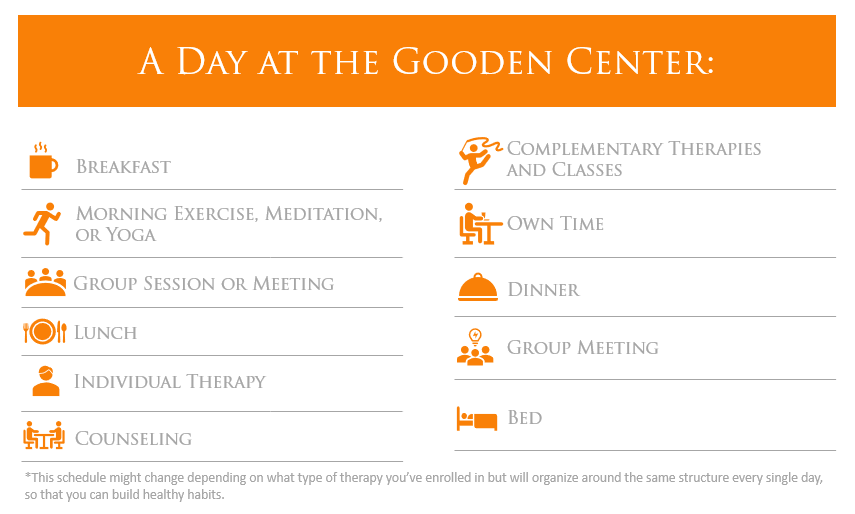

Aftercare
Aftercare is critical to ensuring you have the tools to remain clean and sober when you leave our walls. The Gooden Center offers ongoing support, for as long as you are able to attend. When graduating our addiction recovery program, we can help you move into a sober living home to ease the transition back to your daily life and work.
We also offer continued therapy through outpatient and intensive outpatient programs, so that you can continue to seek support during this time. And, all our alumni can visit for regular group meetings and therapy sessions, forever.

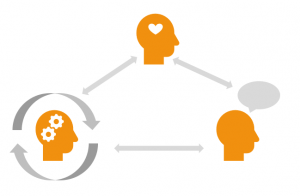 Behavioral Therapy
Behavioral Therapy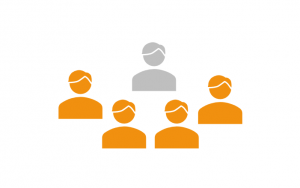 Group Therapy and Counseling
Group Therapy and Counseling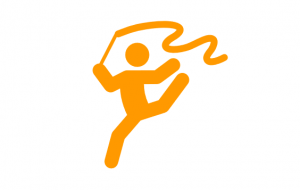 Complementary Therapies
Complementary Therapies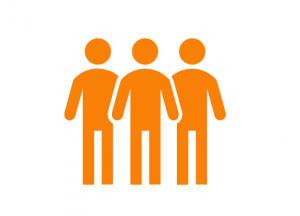 Group Activities
Group Activities